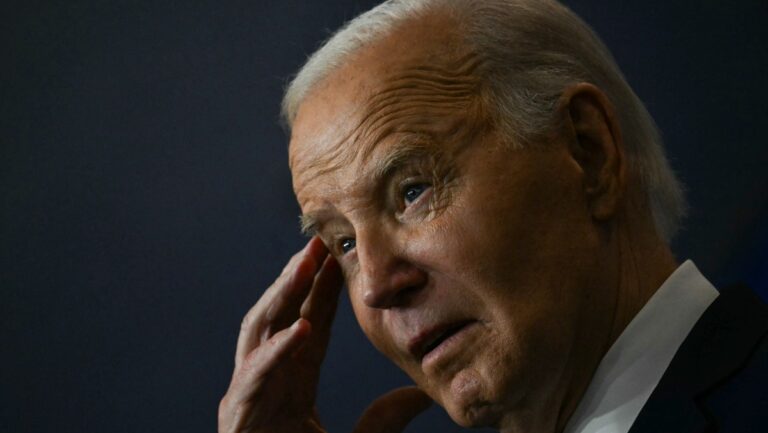Italian premier Giorgia Meloni firmly signalled her country’s intention to leave the controversial Belt and Road Initiative (BRI) at the G20 summit this week as Rome looks to begin an economic decoupling process from China without burning too many bridges with Beijing.
Against vocal opposition from the pro-Atlanticist lobby, Italy became the only G7 nation to join the initiative in 2019, meaning billions of euros were channelled into Italian port and rail infrastructure to integrate Italy into a wider Beijing-led geopolitical order.
Almost immediately after the deal was signed, relations between Italy and China began to deteriorate with the onset of COVID, the war in Ukraine, and concerns about the weaponisation of supply chains. Meloni and her Fratelli d’Italia party were elected after campaigning on a promise of disengaging from the BRI and China.
Italian diplomats are now planning to painlessly withdraw from the BRI when it comes up for renewal in March next year. At the same time, Meloni’s coalition partner Lega is complaining that Rome is pandering too much to transatlantic interests. Deputy PM Matteo Salvini indicated that Italy should hedge its bets in the growing geopolitical rivalry between China and the United States.
Despite the moves by the central government to leave the BRI, reports in the Italian press describe how various municipal authorities in Italy are cooperating directly with China through the local government equivalent of the BRI (BRLC).
According to media reports, up to ten municipalities in largely northern industrial districts of Italy are partaking in the BRLC, which involves practical exchange and cooperation between local government and Beijing. Partially managed by the Chinese Foreign Ministry, the BRLC is seen as a loophole for local authorities to bypass the decision to leave the BRI with two Italian delegations visiting Hangzhou earlier this year to work on improving bilateral relations.
The departure of Italy from the BRI comes as the European Commission charts its own de-risking plans away from overdependence on the Chinese economy as Europe weighs its options in following the United States towards greater hawkishness on Beijing.





